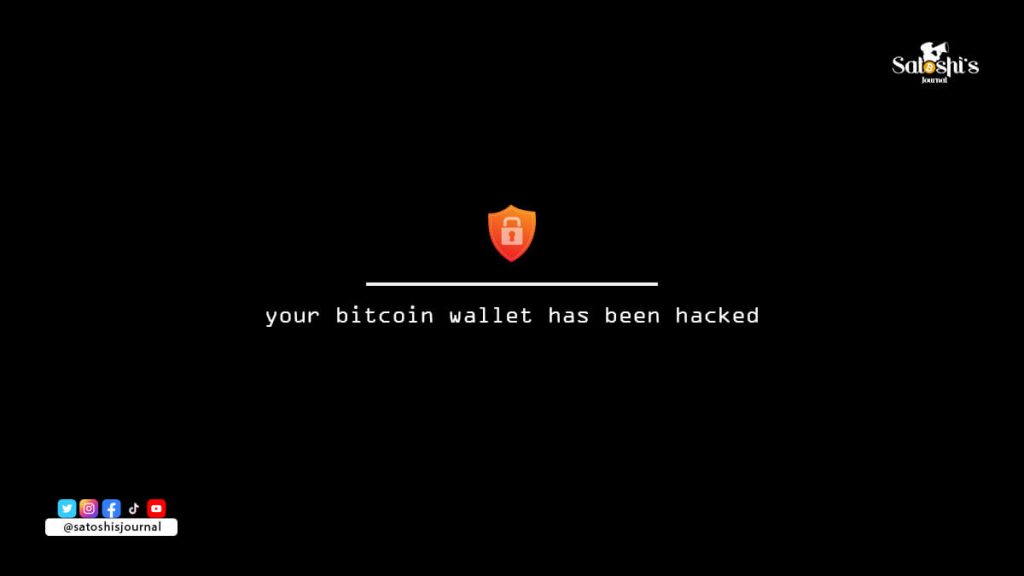The world wide web was invented in 1989, thanks to Tim Berners Lee.
Since then, people have tried, and are still trying to, manipulate the internet, or even hack it, for their benefit. Hackers always try to find loopholes in a system to control it or steal essential data from it.
We listen and read stories about hacked Facebook accounts, emails, or much worse, websites and banks, but the question of the day is:
Can Bitcoin Get Hacked?
So, can you hack the Bitcoin blockchain?
The short answer is no. The extended version of this question tells us why it’s so hard to try and enter someone else’s computer or smartphone without permission. There are all sorts of security measures that make hacking tough—especially with 51% of attacks that have been used before by prominent miners in the Blocksize wars when they attempted to control more than half of the computational network power.
What is a 51% Attack?
In short, miners can gain a hold of greater than 50% of the network, which can take over the entire blockchain.
With the bitcoin blockchain, such an attack is much more complex.
A 51% attack is hard to be done for these reasons:
- The number of nodes online is enormous, making the blockchain more secure and prone.
- As we all know, the bitcoin blockchain works under the proof of work algorithm, and you need so much power to make such an attack.
It is easier for the hacker to mine Bitcoin than hack its blockchain because he will lose so much money and accomplish nothing.
We know that the Bitcoin blockchain is “not hackable,” but can bitcoin holders get hacked? Of course, they can.
How to Secure Ourselves, and How to Secure Our Hard-earned Bitcoin?
The most important steps that we should do not to get hacked are, and are not limited to, the following:
- Never trust a link sent over random texts.
- We always get emails or even Discord direct messages about a fantastic new way to be a millionaire. Be careful! Nine times out of ten, these messages are a scam.
- Always read the address of the website that you are surfing.
- Phishing attacks always happen. Hackers tend to mimic well-known websites to let us think that this website is legit and we can safely sign in, but instead of signing in, the username and password are given to the hacker, and that way, they will get hold of our account.
- There is a saying in the Bitcoin space: “Not your keys, not your coins.” I cannot stress this point much stronger; remove your coins from exchanges. Exchanges often get hacked, and most of the time, your hard earnings are stolen. The problem is, you can’t talk to anybody because they can’t help you; what is gone is gone.
- You can use numerous wallets, which give you a seed phrase upon signing up. Don’t screenshot this phrase, but write it down in a secure place, like a notebook.
- Use strong passwords because these are hard to guess.
- Use two-factor authentication where applicable. That way, a hacker doesn’t need only your password to gain access to your account; he needs; also a unique code sent to you by SMS, email, or an authentication app.
- Never share your code with anyone if your two-factor authentication is on.
- Always be careful about the wallet address you send or copy and paste.
- A virus out there changes the wallet address you copied to the hacker’s address.
These steps are essential to follow if you want to secure yourself.
In the end, please be careful of your actions because a small mistake can get you to more significant problems.
